
Charity kitchens turn needy people’s destination in Ramadan

Idlib – Mohammad Nasan Dabel
Every year at the beginning of holy Ramadan, charitable associations and groups start setting up kitchens that distribute “Iftar” meals to the displaced people in northern Syria.
But this year, the earthquake disaster added newly displaced people to the list of those in need of food, medical aid, or shelter.
More than 103,000 people have been displaced in northwestern Syria since the first earthquake occurred on February 6, with about 1.9 million people living in camps, according to the United Nations Office for the Coordination of Humanitarian Affairs (OCHA).
Don’t fill the need
Many charitable kitchens were active during Ramadan to distribute Iftar food to the displaced in the camps and those affected by the earthquake, but the large numbers of needy people are not covered by these kitchens distributed in some areas. Among them is the Ulfa charitable kitchen in the Darkush town in the countryside of Jisr al-Shughour, which distributes meals to the camps surrounding the border area with Turkey.
Yasser Ezz El-Din, one of those in charge of the kitchen, told Enab Baladi that they are distributing 300 meals per day to the displaced and those affected by the earthquake this year, in an effort to reduce the burden of expenses and cooking, especially in light of the high cost, lack of job opportunities, and frequent displacement.
Ezz El-Din added that the meals vary, including rice of all kinds and bulgur, and contain red or white meat, and sometimes they also serve all kinds of grills.
He did not mention the amount of food provided, saying that they do not depend on the quantity but on the quality, as these meals are prepared in a professional manner, taking into account hygiene conditions, and the cooking is directly supervised by a chef who specializes in cooking large quantities.
The Jisr al-Shughour countryside is considered one of the areas that were greatly affected by the earthquake, as many houses were destroyed or cracked.
The survivors of the earthquake took refuge either in newly established shelters or in old camps whose number of tents increased due to the displacement of those affected.
Haseeb al-Saleh, one of the supervisors of the “Manasatcom” charitable kitchen in the countryside of Jisr al-Shughour, whose work is concentrated in the camps surrounding the area, explained to Enab Baladi the mechanism of the kitchen’s operation, saying, “We are a team that collects donations, to cook food and distribute Iftar meals.”
Al-Saleh pointed out that the camps have increased due to the establishment of new shelters for those affected by the earthquake or due to the increase in the number of camps throughout the year to house the displaced people coming from other regions. Al-Saleh said that the need is huge, and one or ten kitchens in the area cannot fill it.
High prices increase suffering
Food prices doubled at the beginning of the year, compared to the same period in 2022, according to the World Food Programme (WFP), while wages or in-kind or financial assistance did not match this high cost.
Last March, the United Nations program announced a reduction in the contents of the food basket provided to the needy, starting from April, for the sixth time since 2020.
Ahmad Malandi, an IDP from Aleppo countryside based in Darkush, told Enab Baladi, “We fled from our homes, most of which were cracked and damaged, and a large part of them was completely destroyed, so we came to this camp without bringing any belongings.”
Malandi expressed his grief over the poor living conditions his family is facing, saying, “There are days in Ramadan that we do not know how we will secure food for breaking the fast.”
The displaced man thanked the charitable kitchens, which relieved him and the rest of the families of some food needs in light of the “difficult” economic conditions.
Malandi complained to Enab Baladi about the high prices, explaining that they increased significantly during the month of Ramadan.
The average wage for a day laborer is 70 Turkish liras per day, which is an amount that does not buy the family’s needs of vegetables due to the high prices as well, according to what Enab Baladi monitored recently after the massive Feb.6 earthquake.
The economic situation worsened, and the population depended on local and international aid.
Millions of Syrian families spend their days worrying about how they will get the next meal, according to the World Food Programme, which doubled after the earthquake disaster, as part of the population lost their homes and jobs, in addition to the lives of their relatives.
if you think the article contain wrong information or you have additional details Send Correction
النسخة العربية من المقال
-
Follow us :

















 A
A
A
A
A
A
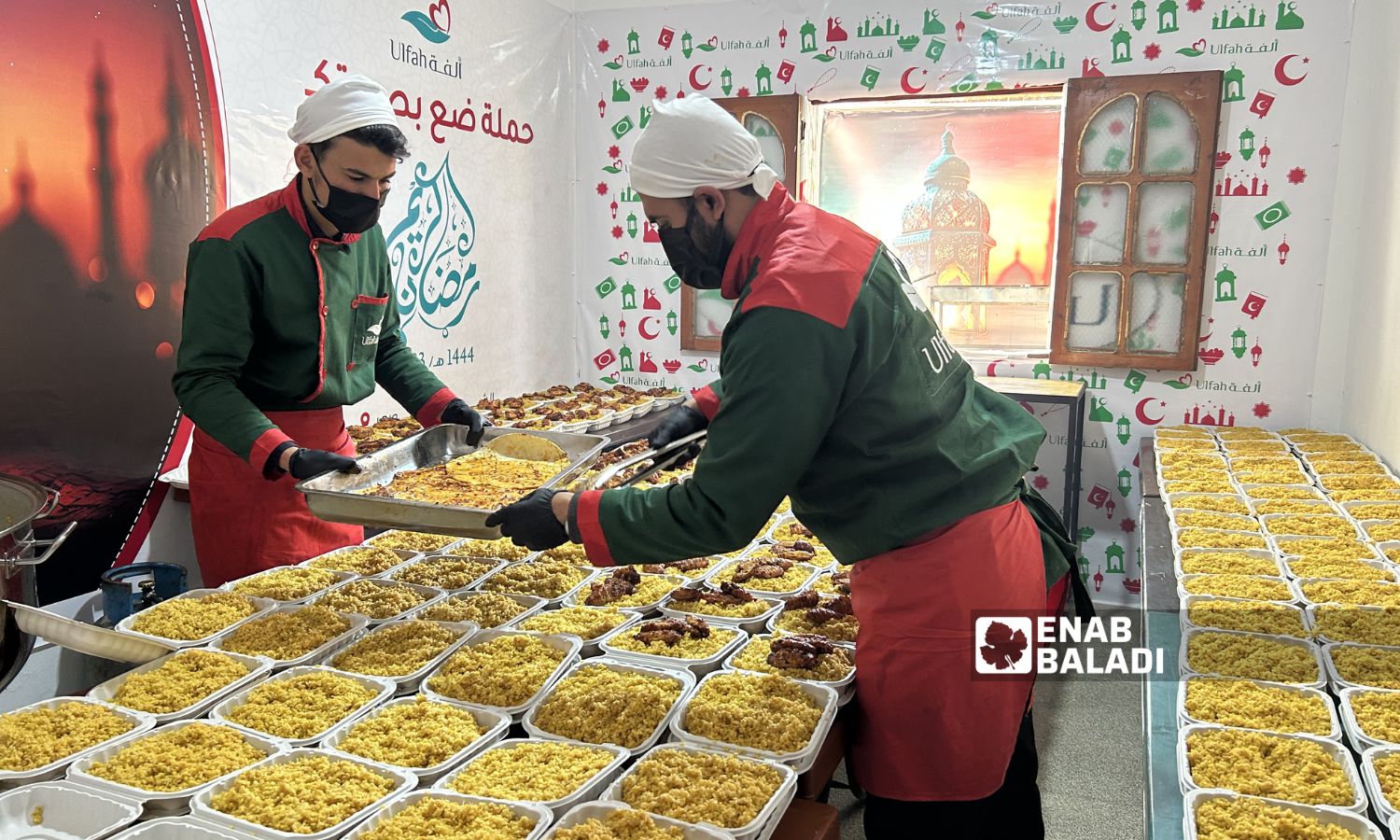


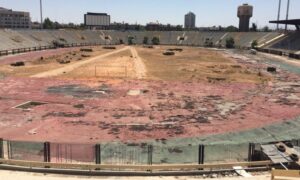
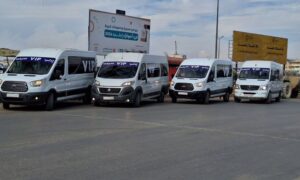
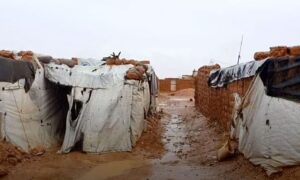
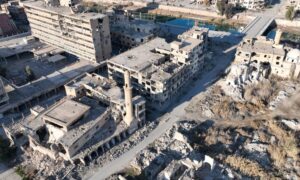
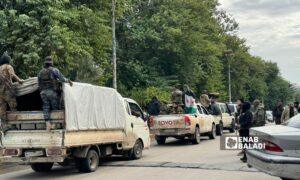
 More Society
More Society